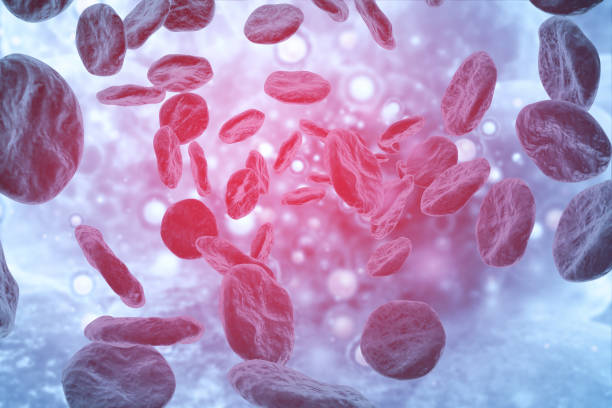
Hematology
Hematology is the study of blood in relation to health and disease.
Blood plays essential roles in human health, including:
- transporting vital substances, such as oxygen and nutrients, around the body
- helping to control the body’s balance of water and acidity
- helping to fight off disease
Hematology aims to understand how these problems occur, how they affect a person’s health, and how to treat them. Various disorders and diseases primarily affect the blood and may be studied and treated by a hematologist.
The study and treatment of blood disorders is called Hematology. Problems with the blood can impede many functions of the body and cause a range of complications.Hematologists work with blood-related conditions, including several types of cancer. They use a variety of tests and treatments for these issues.
- Sickle cell disease: This form of anemia changes the shape of red blood cells.
- Thalassemia: This involves the body not making enough hemoglobin.
- Bleeding disorders: These prevent the body from forming blood clots correctly.
- Thrombocytopenia: This involves a low platelet count, which can result in difficulty forming blood clots.
- Malaria: This infection can destroy red blood cells.
- Von Willebrand’s disease: This bleeding disorder occurs in people who do not have a blood protein called von Willebrand factor.
- Thrombosis: This refers to a clot in a blood vessel.
- Hypercoagulability: This describes the blood’s increased tendency to clot.
- Blood cancers: These can affect the function of a person’s blood cells.
